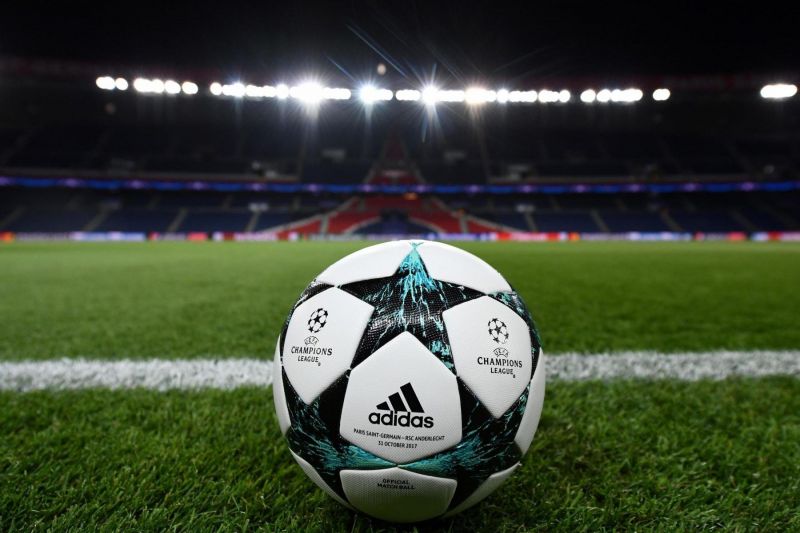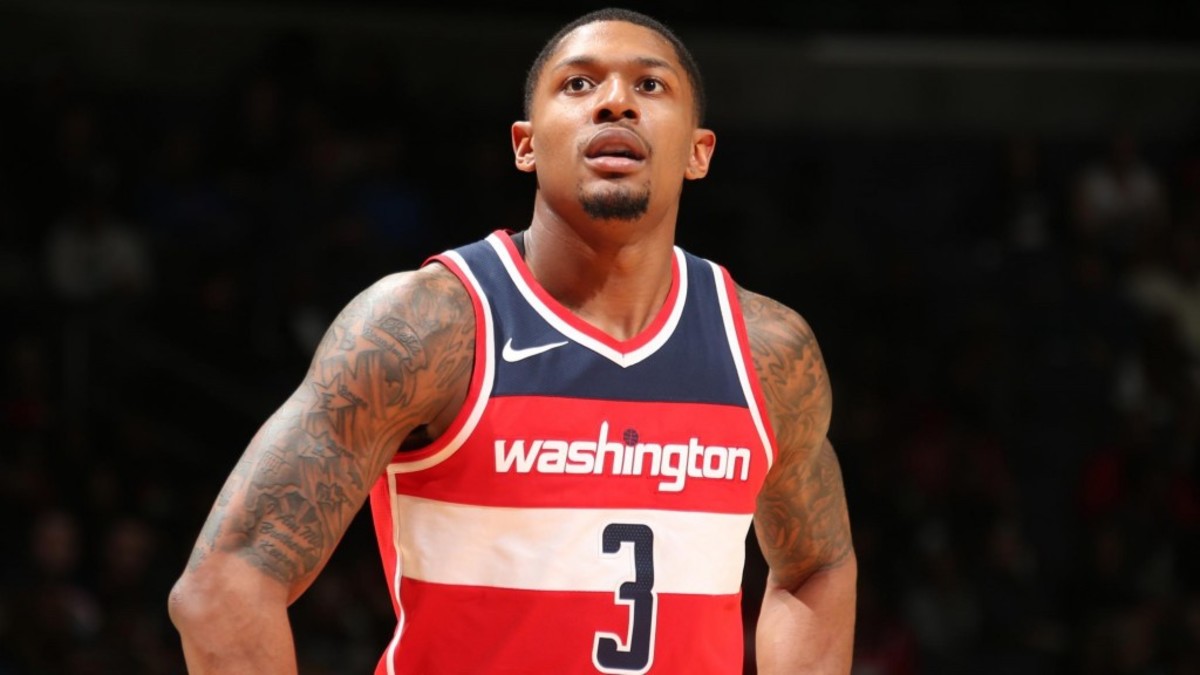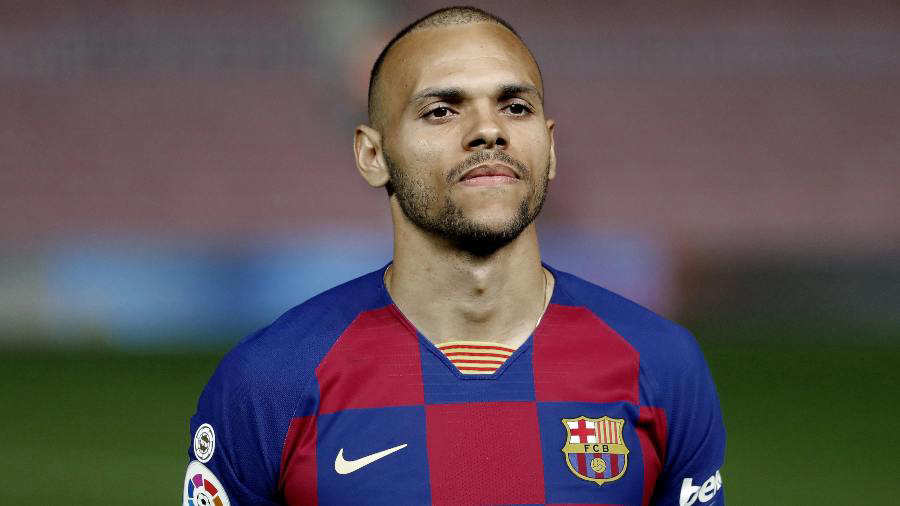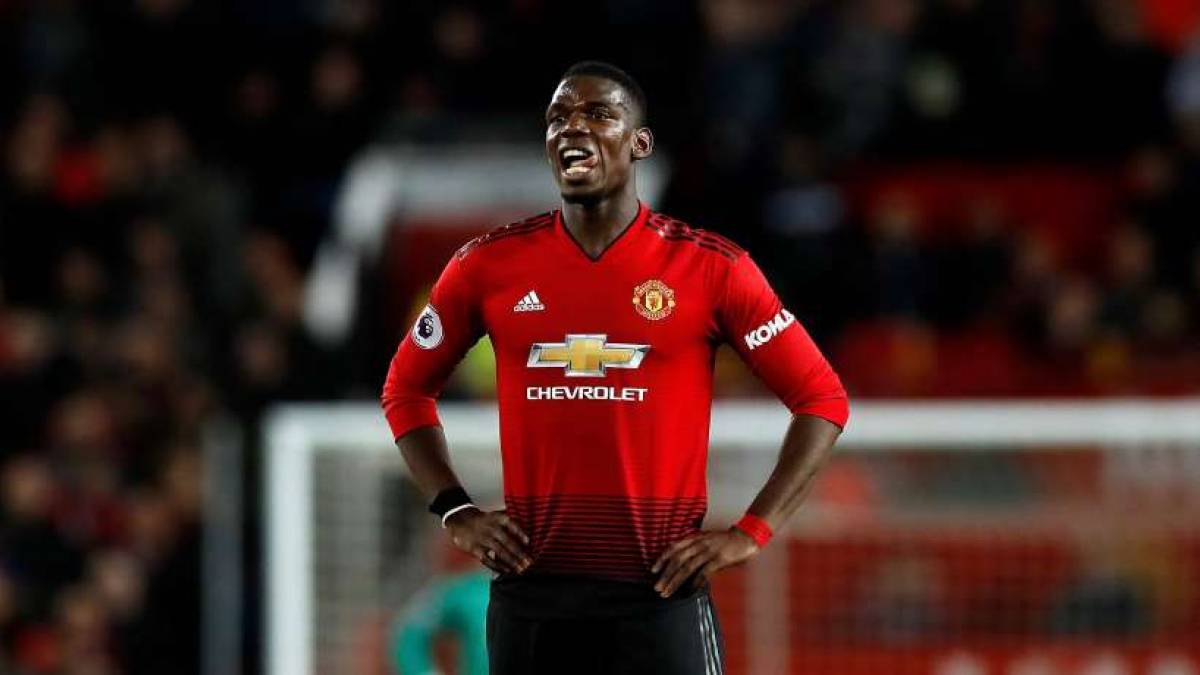The biggest prize in club football, few competitions hold as rich a history or as illustrious a reputation as the Champions League.
European football’s elite do battle each season, hoping to get their hands on the most coveted prize on the continent.
The final itself is a showpiece all players dream of competing in, and since its rebrand from the old European Cup in 1992 we have seen some truly remarkable finals.
We’ve looked backed through the archives to revisit some of the very best, here’s five of the most memorable Champions League finals, according to iSports football API.
, which covers almost all ranges of football games with livescore, standings, events, line-ups, pre-match odds, statistics)

AC Milan 4-0 Barcelona, 1994
Spanish giants Barcelona headed into the 1994 final as overwhelming favourites, with Johan Cruyff’s ‘Dream Team’ having won four consecutive league titles and a first European Cup in 1992.
By contrast, Milan were struggling heading into the showpiece. Despite winning Serie A they had failed to win any of their final six league fixtures and were missing key personnel. Marco Van Basten was absent with a long-term injury, as was world-record signing Gianluigi Lentini whilst defensive duo Franco Baresi and Alessandro Costacurta were both suspended.
The script pointed to a Barcelona win, however that script was soon ripped up.
Milan dominated proceedings, with a brace from Daniele Massaro giving the Italians a two-goal half-time lead. Two minutes into the second half, it was three, Dejan Savićevic lobbing goalkeeper Andoni Zubizarreta to give Fabio Capello’s side a commanding lead.
Marcel Desailly, who became the first player to win consecutive European Cup/Champions League titles with different clubs, scored a fourth before the hour and Milan were crowned champions of Europe, as per iSports football livescore data.
It is regarded by many as perhaps the greatest final performance in the competition’s history.
Manchester United 2-1 Bayern Munich, 1999
Sir Alex Ferguson’s Manchester United met Bayern Munich at Barcelona’s Camp Nou stadium, looking to complete a historic treble following their earlier Premier League and FA Cup success.
The duo had met in the group stages of the competition earlier in the season, twice playing out draws, and met again in the final looking to win Europe’s biggest prize.
United had endured a memorable run to the final, knocking out Italian giants Inter Milan and Juventus, but would be without Paul Scholes and inspirational captain Roy Keane who were both suspended for the showpiece.
Bayern started strongly and took an early lead, Mario Basler curling home a low free-kick to hand Ottmar Hitzfield’s side the lead after just six minutes.
The Germans controlled long periods of the game, twice hitting the woodwork in the second half, before came perhaps the most memorable final finish in history.
With the clock ticking into stoppage time, United goalkeeper Peter Schmeichel ventured forward for a corner as the Manchester side searched desperately for an equaliser. David Beckham swung in the set piece, just evading Schmeichel before Bayern managed to half-clear. The clearance fell only as far as Ryan Giggs, who fluffed an effort towards goal that was turned home by substitute Teddy Sheringham to spark wild celebrations.
United looked to have forced extra-time, though just moments after the restart they forced another corner. Beckham again delivered and Sheringham flicked the ball on at the near post. Ole Gunnar Solskjaer, another substitute, reacted quickest and wrote his name into history with a second stoppage time goal.
A second European Cup would be heading to Manchester, a historic treble secured after late, late drama.
AC Milan 3-3 Liverpool
(Liverpool win 3-2 on penalties)
Goals, drama, incredible saves and the greatest comeback in final history, when Liverpool were crowned champions of Europe for a fifth time in Istanbul in 2005.
Liverpool entered the final as major underdogs, Rafael Benitez’s side having finished fifth in that season’s Premier League. Having surprised by beating Juventus and Chelsea to reach the final, many thought Carlo Ancelotti’s Milan would prove a step too far for the Merseyside club.
Milan were playing in their second final in three years, having lifted the trophy in 2003, and had superstars including the likes of Andriy Shevchenko, Kaka and Andrea Pirlo amongst a star-studded line-up, according to iSports API football data.
The match could hardly have begun better for the Italian side, captain Paulo Maldini becoming the oldest scorer in the competitions history after just 50 seconds.
Milan continued to dominate, whilst Harry Kewell’s substitution through injury was a blow to Liverpool’s hopes. Soon after, Hernan Crespo doubled Milan’s lead, turning home from Shevchenko’s cross. Before half-time it was three, Crespo getting his second with a delightful chip over Jerzy Dudek after being played in by Kaka.
At half-time it was 3-0 and Milan seemingly had an unassailable lead. Liverpool boss Rafael Benitez brought on Dietmar Hamann at the interval and switched to a 3-5-2 formation. The tactic seemed to work, Liverpool captain Steven Gerrard heading home John Arne Riise’s cross to give his side hope.
Moments later, it was 3-2, Smicer firing home from distance into the bottom corner and Liverpool had belief. Just three minutes after Smicer’s goal, Liverpool had a penalty. Gerrard burst into the area and was brought down by Gennaro Gattuso and Benitez’s side had the chance to level. Xabi Alonso stepped up, seeing his penalty saved by Dida before reacting first to equalise.
From three goals down Liverpool had levelled in a frantic six-minute period. The game went into extra-time, with Dudek making a miraculous double save to deny Shevchenko in the added period.
Penalties were to decide the tie, and after Serginho and Pirlo missed Milan’s first two Liverpool were in control. 3-2 to Liverpool with only Shevchenko to take, the Ballon D’or winner had to score to keep Milan in it. Having scored the winning spot-kick two years prior, his tame effort was kept out by Dudek who had deployed former Liverpool goalkeeper Bruce Grobbelaar’s wobbly leg’s tactic to distact his opponents.
The Miracle of Istanbul was complete.
Bayern Munich 1-1 Chelsea, 2012
(Chelsea win 4-3 on penalties)
Bayern Munich were the first and so far only side of the Champions League-era to have played a final at their home ground, with the 2012 edition held at the Allianz Arena in Munich.
Their opponents were Chelsea, who were looking to become the first London side to be crowned champions of Europe after suffering final heartbreak four years prior in Moscow against Man United.
Both clubs had several players missing through suspension, though notably for Chelsea they were without captain John Terry, as per iSports football historical data.
Bayern controlled the game for long periods, but a breakthrough proved difficult. With just seven minutes remaining, the German’s though they’d won it after Thomas Muller headed home to give them the lead.
Just like in 1999, Bayern suffered late heartbreak to an English side and again from a set-piece. Juan Mata swung in an 88th-minute corner, with Didier Drogba powering a header past Manuel Neuer to send the final in extra-time.
There was more drama to come in the extra period, as Drogba turned from hero to villain by fouling Franck Ribery inside the Chelsea penalty box. Arjen Robben stepped up against his former side to put Bayern ahead, but the Dutchman saw his low effort saved by Petr Cech.
The game would be decided by penalties, with the shoot-out again a topsy-turvy affair. Bayern converted their first three kicks through Phillip Lahm, Mario Gomez and goalkeeper Manuel Neuer, however, Juan Mata missed Chelsea’s opening kick to give the German side the advantage.
Ivica Olic and Bastian Schweinsteiger then both saw their efforts saved by Cech, giving Didier Drogba the chance to win it for the Blues. As proved on many occasions, the Ivorian further enhanced his reputation as a big-game player and stroked home to give Chelsea the trophy for the first time in their history.
Real Madrid 4-1 Atlético Madrid (AET), 2014
Throughout Champions League history there have been several occasions of final meetings between teams from the same country, but 2014 was the first time two teams had met in the showpiece from the same city.
The Madrid rivals did battle in Lisbon, with Real looking for the elusive ‘La Decima’ to extend their record to 10 European crowns. Atlético were competing in their second ever final, having lost their previous appearance to Bayern Munich 40 years earlier, also in the process breaking the record for the longest wait between final appearances.
Diego Simeone’s side had surprised everyone to be crowned Spanish champions for the first time since 1996, and entered the final in confident mood against their fierce rivals.
Atlético took the lead after 36 minutes, courtesy of a mistake from Real captain Iker Casillas. Following a corner, the goalkeeper came off his line as Juanfran headed the ball back into the penalty area only to be caught in ‘no man’s land’ as Diego Godin looped a header over the stranded shot-stopper.
Real pushed hard for an equaliser in the second half, but Atlético’s defence held firm and a first Champions League title was just seconds from their grasp.
However, in the 93rd minute, Sergio Ramos met Luka Modric’s corner to head home and the Spaniard’s late, late intervention sent the game into extra-time.
With Atlético clearly fatigued in the extra period, Real ran riot. Gareth Bale put them in front, heading home after Thibaut Courtois parried Angel Di Maria’s shot into his path before Marcelo hit a low drive to add a third. Cristiano Ronaldo netted a fourth from the penalty spot, and ‘La Decima’ was achieved.
Real manager Carlo Ancelotti became just the second manager, after Bob Paisley, to win the trophy three times after previously doing so with AC Milan in 2003 and 2007, as per iSports API football data.
The Spanish rivals would meet again in the final two years later with Real again emerging triumphant, this time on penalties after a 1-1 draw.
(Start free trail with you long-term sports data partner with reliable football livescore data provider, click
iSports API)









